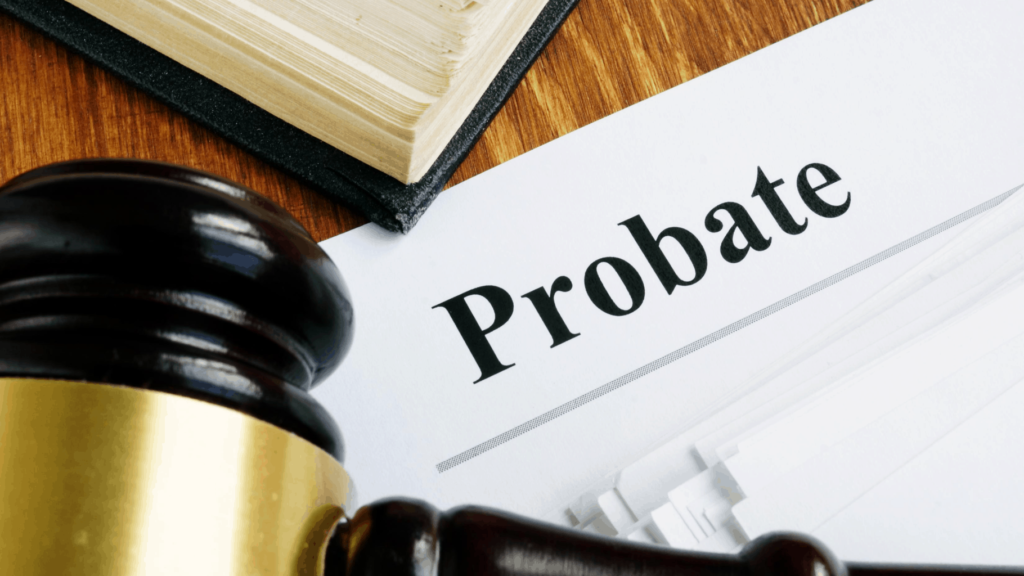The pandemic over the past couple of years has certainly highlighted the need to have a will written that details who will be administering your estate should you pass, and who you would like to receive your estate.
Whilst it was reported that there had been a 75% increase in the number of enquiries about a will writing service, new research shows that 61% of adults in the UK do not have a will – that equates to around 30 million people.
The reasons for not having a will are varied, such as cost or the belief that they don’t need a will. But one of the top five reasons is because people don’t know where or how to start writing their will. This is where a will writing service can help you understand your assets and know what needs to be considered in your will.
Why do I need a will?
Let’s start with a question we hear regularly, why do you need a will? Whether you’re in your 20s or 50s, the importance of writing a will is the same. A will can help ensure your loved ones are protected and your estate is dealt with in the way you wish upon your death.
A will is a legal document that sets out your wishes, from the type of funeral you’d like to how you want your estate handled, who raises your children, as well as who inherits your possessions and assets. Because it is a legally-binding document, it is important that it is set out and prepared correctly or it could be considered invalid and your family may be in the position of being unclear of your wishes.
The main reasons for making a will are:
- To ensure your family and/or children are financially provided for when you die.
- To name a guardian for your children if they are under the age of 18 years.
- To provide for other dependents, such as step-children. The law states that only spouses or blood relatives may automatically inherit if there is no will.
- To protect your partner if you are not married. The law does not take into consideration the length of time you have been together.
- To protect your family home. If it is in your name, your partner (if not married) and any step-children are not automatically entitled to inherit the property.
- To avoid family disputes – this may happen if there is no will or if the will is not clear and is contested.
- To avoid your family paying too much inheritance tax on your estate.
- To protect a subsequent family should you divorce and remarry. It must be remembered that just because you are divorced, this does not override your will so your ex-partner could still inherit from your estate.
- To make your own decision on who administers your estate, i.e. your executor(s), although it is only fair to ask them in advance of naming them in your will.
- To express your wishes on who looks after your pets and ensure they are provided for.
- To protect any digital assets you may have, which also includes your email and/or social media accounts – you can set out your wishes, such as protect the information or have them deleted/destroyed.
- To leave a gift in support of your favourite charity.
Why use a will writing service?
Of course, you are entitled to write your own will; will writing packs are available to buy. However, if you want to make sure that your will is written and prepared correctly, or if you have a large, complex estate, it is highly recommended that you use a will writing service.
There is a general misconception that only a solicitor is able to write a will on your behalf. In reality, that’s not true. An accountant is also able to write a will or you can use a specialist professional will writing service, particularly if you’re not sure how wills work or what needs to be included.
There are a variety of benefits to using a will writing service including:
- Will writers are there to provide professional advice and support as well as answer any queries you may have.
- Ensure your will is legally binding to avoid any disputes between members of your family, including making sure it is signed and witnessed correctly.
- Prompt you when it is time to review and/or update your will should your circumstances change. People’s situations change as they grow older so, it is a good idea to review your will on a regular basis to make sure it still reflects your wishes, is still valid, and encompasses all of your estate.
- To make sure your will abides by any recent changes to rules and regulations surrounding wills and estate planning, such as the way inheritance tax is reported from 1st January 2022, the rise in the cost of the probate fee, and the rules around remote witnessing of wills which is no longer allowed.
- Provide advice on who to choose as your executor(s) or they are able to take on the role of executor of your will, thereby avoiding any conflict of interest should your executor also be a beneficiary.
- They are able to better manage and advise on how to write a will for large, complex estates including overseas investments and business assets.
- Ensure that all areas of your estate have been considered including any funeral instructions, gifts to charity, your beneficiaries, care of your pets, guardians for your children and any smaller, more sentimental items.
- They are able to look after your will, as well as important documents, such as title deeds, or know where they can be found.
- Help you determine a value for your estate’s assets, such as cars, property or art, should it be needed for tax purposes.
You might think that because you are young, unmarried and have no children that you don’t need a will. However, you still have assets; like a car, jewellery, possessions, money in the bank, insurance policies, a pension and possibly a life insurance policy, too. By ensuring you have a legally binding will written by a will writing service, you can be sure that your wishes will be adhered to should you die. If you are older, are married and do have children, the sooner you make a will the more peace of mind you have.
At Probates Online, we offer a will writing service or a Complete Estate Service to help you through the probate process and estate administration upon the death of a loved one. If you are looking for advice on inheritance tax, gifts or trusts, or need to apply for Grant of Probate, Letters of Administration or would like to take advantage of our entire Estate Administration service, visit our website for more information or contact us today.





